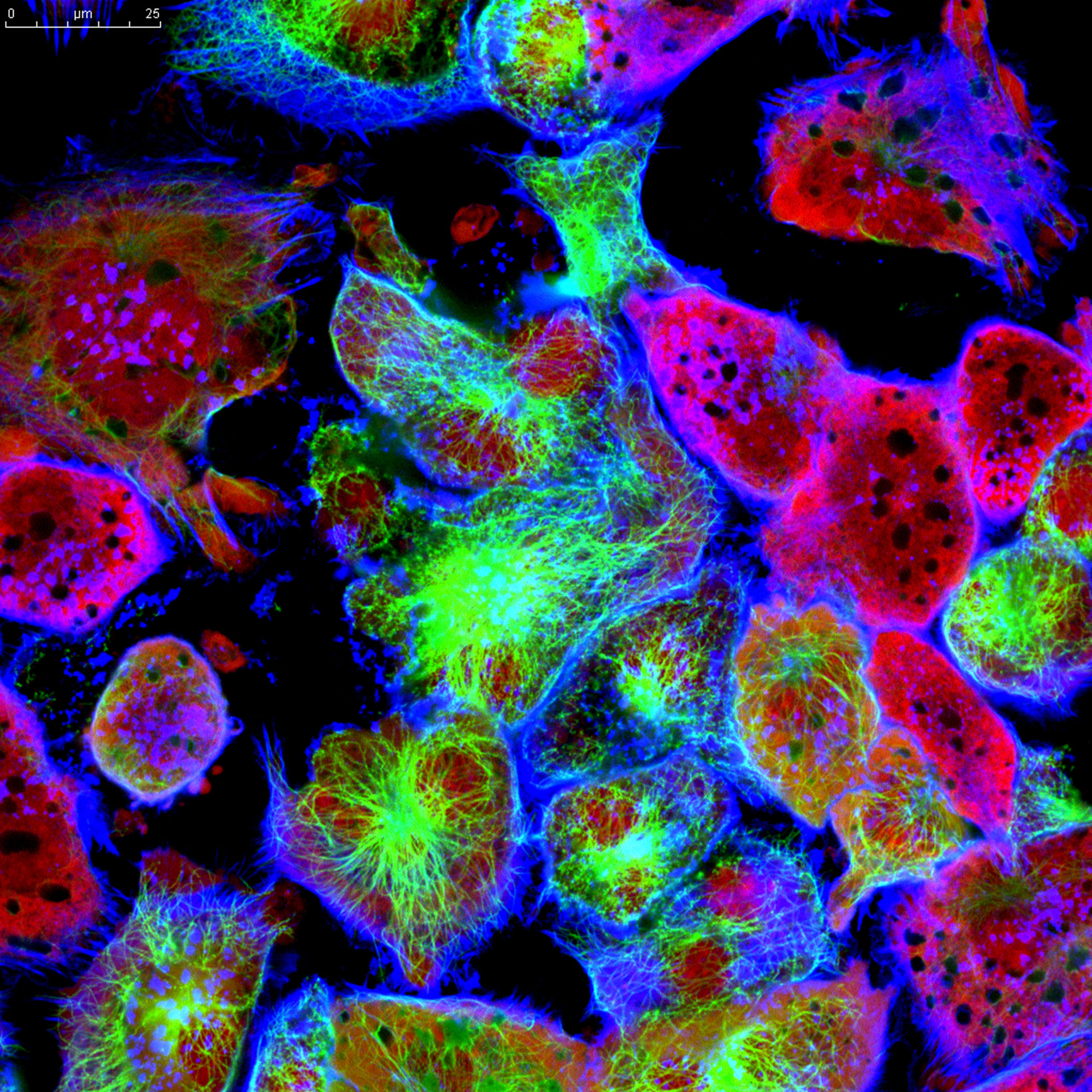In a recent study, researchers provided an overview of the latest developments in the molecular characterization of endometrial cancer (EC), which has been showing a rising incidence and mortality rate, particularly among younger women. Of these cases, 5–10% are hereditary, largely associated with Lynch syndrome or Hereditary Non-Polyposis Colorectal Cancer syndrome. Traditionally, EC has been classified histopathologically into two main types: Type I (endometrioid) and Type II (comprising various other subtypes). However, this classification is increasingly seen as limited due to its lack of reproducibility and failure to consider the growing understanding of EC’s molecular diversity.
These molecular insights have significant clinical relevance, offering potential as prognostic and predictive markers in the management of EC. This evolution in understanding EC at the molecular level represents a significant step towards more personalized and effective strategies for risk assessment and treatment decision-making in EC.
Reference: D’Agostino E, Mastrodomenico L, Ponzoni O, et al. Molecular characterization as new driver in prognostic signatures and therapeutic strategies for endometrial cancer. Cancer Treat Rev. 2024 Mar 27;126:102723. doi: 10.1016/j.ctrv.2024.102723. Epub ahead of print. PMID: 38555857.









